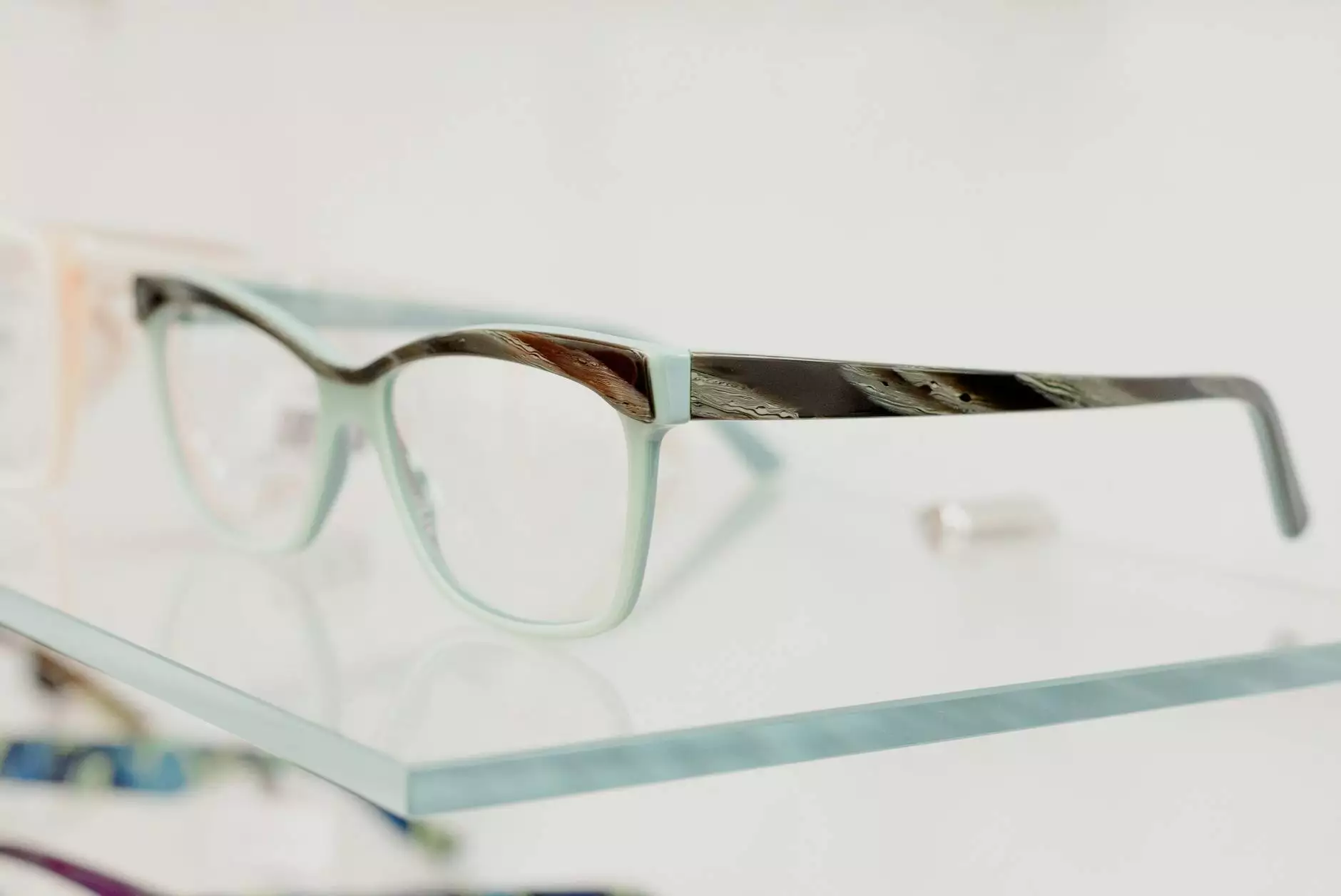Understanding the Importance of Medical Instruments Wholesale

In the ever-evolving landscape of healthcare, the availability of quality medical instruments is crucial. For hospitals, clinics, and healthcare providers, sourcing these instruments at wholesale prices can offer significant financial relief while ensuring that patients receive the best care possible. In this article, we will delve into the medical instruments wholesale market, discussing its advantages, the best practices for sourcing high-quality products, and how your institution can maximize efficiency and cut costs through effective purchasing strategies.
What are Medical Instruments?
Medical instruments are tools, devices, or equipment designed specifically for use in the diagnosis, treatment, and monitoring of patients. They play an indispensable role in healthcare, enabling medical professionals to perform their duties efficiently. Some common categories of medical instruments include:
- Surgical Instruments: Essential tools for performing surgeries, such as scalpels, tweezers, and sutures.
- Diagnostic Instruments: Devices like stethoscopes and blood pressure monitors used to assess patients' health.
- Therapeutic Equipment: Instruments used for treatment purposes, such as infusion pumps and nebulizers.
- Monitoring Devices: Equipment that tracks patients’ vital signs and overall health status, such as ECG machines.
The Benefits of Purchasing Medical Instruments Wholesale
Acquiring medical instruments through wholesale channels offers numerous benefits for healthcare providers, including:
- Cost Savings: Wholesale purchasing allows for significant cost reductions. By buying in bulk, healthcare facilities can lower their per-unit price, which translates to substantial savings over time.
- Quality Assurance: Reputable wholesale suppliers typically carry a diverse range of high-quality medical instruments, ensuring that healthcare providers receive reliable products that meet industry standards.
- Access to a Wide Range of Products: Wholesalers often supply a vast selection of instruments, giving healthcare providers the flexibility to choose the best equipment for their specific needs.
- Streamlined Supply Chains: Establishing a relationship with a wholesale supplier can simplify the procurement process, leading to more efficient inventory management and reduced delays in obtaining necessary supplies.
Choosing the Right Wholesale Supplier for Medical Instruments
When it comes to sourcing medical instruments wholesale, selecting the right supplier is key to ensuring quality and reliability. Here are several factors to consider:
1. Reputation and Credentials
Research the background of potential suppliers. Check if they hold the necessary certifications, such as ISO or FDA certifications, which indicate compliance with industry standards. Additionally, read reviews and testimonials from other healthcare providers to gauge their reputation.
2. Quality of Products
The instruments you purchase must meet quality standards. Request samples or specifications to ensure that the products adhere to health regulations and are suitable for clinical use.
3. Pricing and Terms
Compare pricing structures among different suppliers. Inquire about bulk discounts, shipping costs, and payment terms. This will help you choose a supplier that aligns with your budget while providing high-quality instruments.
4. Customer Support
Choose a supplier that offers excellent customer service, including support for inquiries and assistance with order placements. A responsive supplier is invaluable, especially when urgent needs arise.
5. Delivery and Logistics
Investigate the supplier’s logistics capabilities. Timely delivery is essential in healthcare, so ensure that your chosen supplier has a reliable shipping process in place.
Effective Strategies for Wholesale Purchasing
To maximize your investment in medical instruments wholesale, consider the following strategies:
1. Establish a Budget
Before reaching out to suppliers, determine a clear budget based on your expected needs. This enables you to negotiate better and avoid overspending.
2. Plan Ahead
Anticipate your organization's needs based on forecasted patient volume and upcoming projects. Planning ahead allows you to secure the best prices and guarantee availability when needed.
3. Build Long-Term Relationships
Fostering strong relationships with suppliers can lead to better deals, priority service, and insights into new products or technologies. Regular communication and loyalty can also result in personalized service tailored to your organization’s specific requirements.
4. Stay Informed about Industry Trends
Keep yourself updated with the latest advancements in medical technology. Understanding trends can help you make informed decisions when it comes to purchasing new instruments that enhance patient care.
Compliance and Regulations in Medical Instrument Procurement
When purchasing medical instruments, it is crucial to adhere to regulations established by health authorities. This ensures that all products meet the necessary safety and efficacy guidelines:
1. Regulatory Compliance
Ensure that all medical instruments comply with regulations set forth by bodies such as the Food and Drug Administration (FDA) in the United States. This includes verifying that products are registered and meet safety standards.
2. Understanding Local Laws
Different regions may have various laws governing the procurement of medical supplies. Familiarize yourself with local regulations to avoid legal pitfalls.
3. Quality Control Measures
Implement quality control measures within your organization to regularly assess instruments upon arrival. This includes checking for any damages during transportation and ensuring products match order specifications.
Future Trends in the Medical Instruments Wholesale Market
The wholesale market for medical instruments is evolving, influenced by various factors such as technological advancement and changes in healthcare delivery systems. Here are emerging trends:
1. Digital Transformation
The use of digital platforms for purchasing has gained momentum. Suppliers that provide online ordering systems and comprehensive catalogs can make procurement more efficient and transparent.
2. Increased Demand for Telehealth Devices
The rise of telehealth services has led to greater demand for home monitoring tools and diagnostic devices that patients can use remotely. Suppliers offering a range of telehealth solutions can tap into this growing market.
3. Sustainability in Medical Supplies
There’s a growing emphasis on sustainability. Many healthcare facilities are seeking environmentally friendly products. Suppliers who focus on sustainable practices can gain a competitive edge in the wholesale market.
4. Focus on Customized Solutions
Healthcare providers are looking for customized solutions that fit their specific operational needs. Suppliers who can offer tailored products and services will likely see increased demand.
Conclusion
In summary, the medical instruments wholesale market provides essential value to healthcare providers by enabling them to acquire high-quality equipment at reduced costs. Whether you are a large hospital or a small clinic, maintaining a strategic approach to purchasing can enhance operational efficiency and improve patient outcomes. Partnering with reputable suppliers, staying informed about industry trends, and adhering to regulations will allow your institution to thrive in a competitive healthcare environment.
By following the insights and strategies outlined in this article, your organization is poised to make the most informed decisions in the procurement of medical instruments, ultimately leading to better healthcare delivery and enhanced patient satisfaction.









